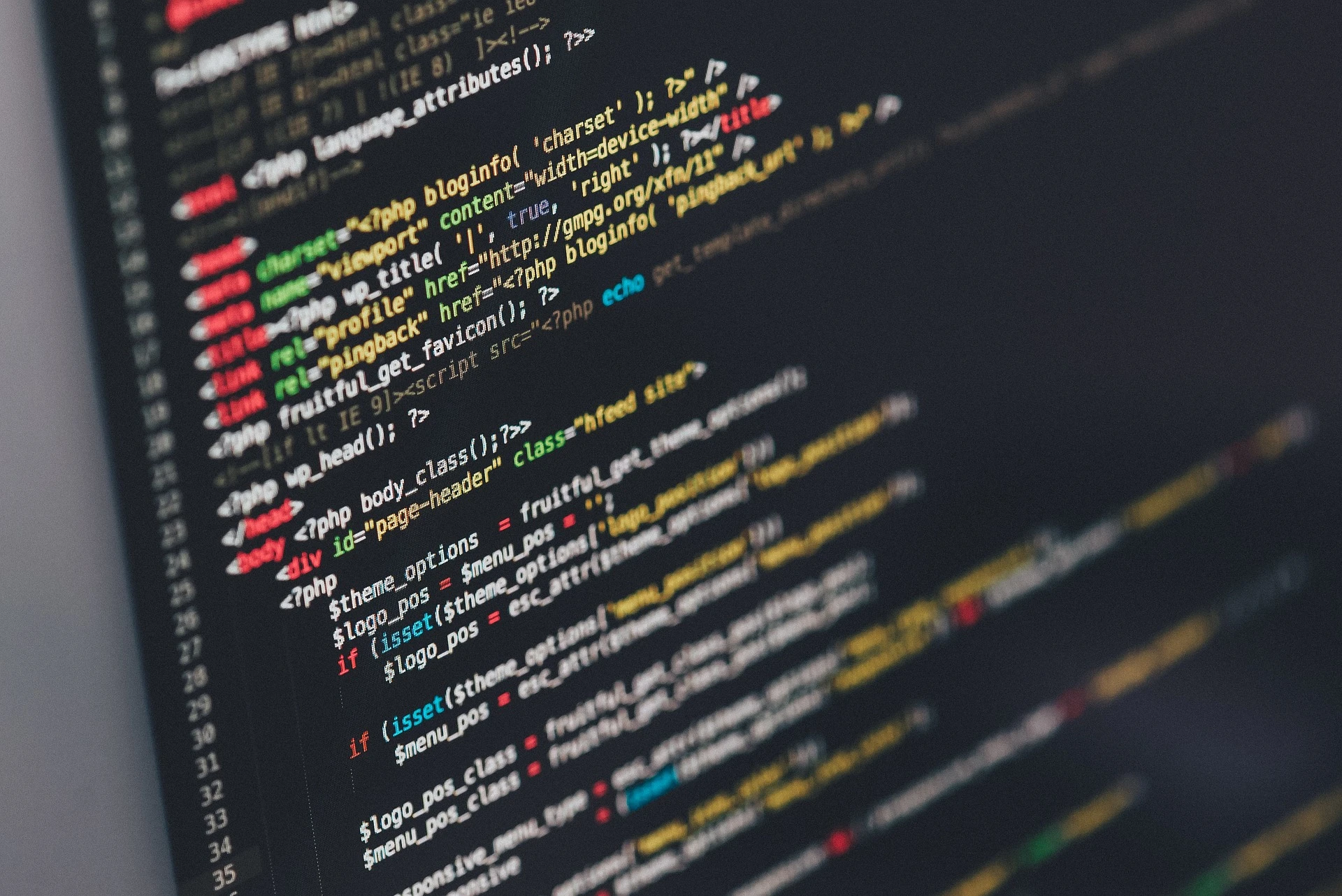
secondary title
It is difficult for the Ethereum community to vote to achieve a real consensus
The Ethereum community has been working hard to reach a consensus on key topics, but from The DAO, Parity to the recent ASIC mining machine fork discussion, peoples voting results on the Ethereum community have been controversial.
In June 2016, The DAO was hacked by exploiting smart contract loopholes and lost nearly $50 million worth of Ethereum. In order to restore investors assets, the Ethereum community launched a DAO token voting, and finally decided to change the Ethereum code, hoping to get back the funds. A split in opinion led to a split of those who supported blockchain immutability from Ethereum, forming Ethereum Classic (ETC).
In July 2017, the Parity multi-signature library was hacked and 150,000 Ethereum was lost. The EIP-999 proposal proposes to restore the Wallet Library through a patched version, allowing owners who rely on multi-signature wallets to regain assets. Coin losers are trying to recover assets for their own benefit, while opponents do not want to carry out hard fork upgrades. After much debate within the Ethereum community, the naysayers won with 330 no votes.
secondary title
Quadratic voting leads to a turnaround
Right now the Ethereum community is at a fork in the road. On the other hand, in the traditional voting structure, although someone has more shares in the system, they can only get one vote like everyone else. On the other hand, if the system uses one vote per coin, it may bring about another concern—the rich may have more power than the poor.
V God is also aware of the voting problems of the Ethereum community. He believes that the current proposals for decentralized decision-making either give too much power to the owners of Ethereum, or satisfy the interests of those involved in a single event, which is extremely vulnerable to Malicious behavior attacks such as fake accounts.
Quadratic voting is a new way of voting: when users encounter issues they think are important, they can buy extra votes to get a greater say, instead of distributing votes equally.In order to prevent a small group of financial elites from buying a large number of votes, the price of each 1000 votes is as high as 100,000 votes, and the high cost of buying votes can prevent vote swiping.
secondary title
Identity is key to Quadratic voting
Quadratic voting can only work if it is linked to voter identity, Weyl said, otherwise, there is a risk of manipulation. In fact, if a user is able to sell votes, then the user can also violate the rules.
“I hope blockchain doesn’t become an identityless zone, because if it is, it’s going to be a plutocracy zone, which doesn’t align with what people think,” Weyl said.
If you want to use Quadratic voting to solve the problem of Ethereum management,User identity verification is key(I am Mo Xinnan, the author of Odaily. I am exploring the real blockchain. Please add WeChat: m15978294590 for communication. Please note your name, company, and position.)

(I am Mo Xinnan, the author of Odaily. I am exploring the real blockchain. Please add WeChat: m15978294590 for communication. Please note your name, company, and position.)










